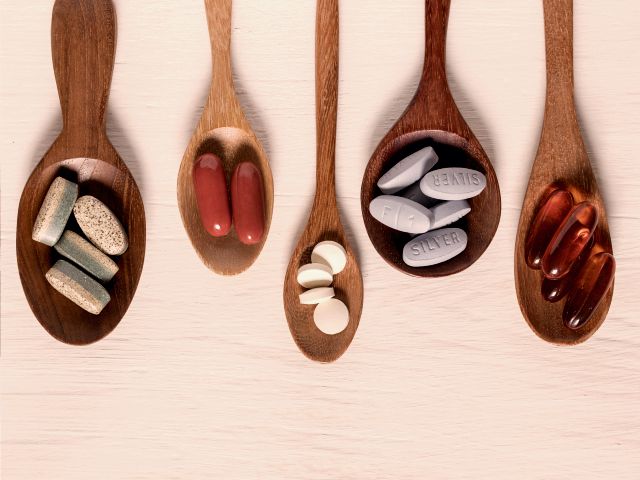How to Support Your Body in Winter


Winter, on the one hand, is associated with fluffy sweaters, mulled wine, skates, Christmas shopping and a fairytale landscape outside the window. On the other hand, however, it can be an unpleasant time – cold mornings, frozen car windows, persistent rhinitis and weakened immunity. While the first two problems cannot be dealt with (unless we move to Antipodes...), the last two can be dealt with somehow!
During the winter our body has specific needs. Increased appetite, a desire for calorific, satisfying meals rather than light salads or unwillingness to exercise – these are signs that in the face of falling temperatures our body demands the right amount of "fuel". The key to health during this period is not only diet (it is worth to buy garlic, natural honey and ginger, which have bactericidal and anti-inflammatory effects), but also supplementation. Here are some basic supplements that are worth taking in order to help you cope with adverse weather conditions:
- vitamin C – most of us probably have at least one preparation containing this vitamin in our home medical kit. We should remember to take it every day, because it strengthens the immune system, and thus helps us protect the body from pathogens. It also supports the absorption of iron.
- iron – its deficiency can lead not only to permanent fatigue, morbid paleness and anaemia, but also to weakening of the immune system. It is worth providing this element to the body, especially when our diet is poor in cocoa or vegetables, such as spinach or broccoli.
- vitamin D – is often called the elixir of life, because it affects a number of functions of our body – for example, it supports bone formation and calcium absorption, stimulates insulin secretion, as well as accelerates fat burning. In winter, when the days are getting shorter and there is insufficient sunlight, we are particularly vulnerable to its deficiency. We should remember about vitamin D supplements especially in children and the elderly, however, each of us should take care to maintain its proper level. A vitamin D deficiency may cause sleep disorders, headaches and difficulties with concentration.
- zinc - this element is responsible for the condition of our skin, hair and nails. Since we take care of them with cosmetics, it is also worth to help them from the inside. Zinc also has a beneficial effect on blood pressure and the immune system. It can be found in oysters in higher amounts, but taking into account the fact that Poles not necessarily eat them, it is worth considering zinc supplementation, especially in winter.
Remember that a possible vitamin and element deficiencies are best verified by blood tests, and if you have any doubts, consult your family doctor before taking supplements.
Bon appetite!
